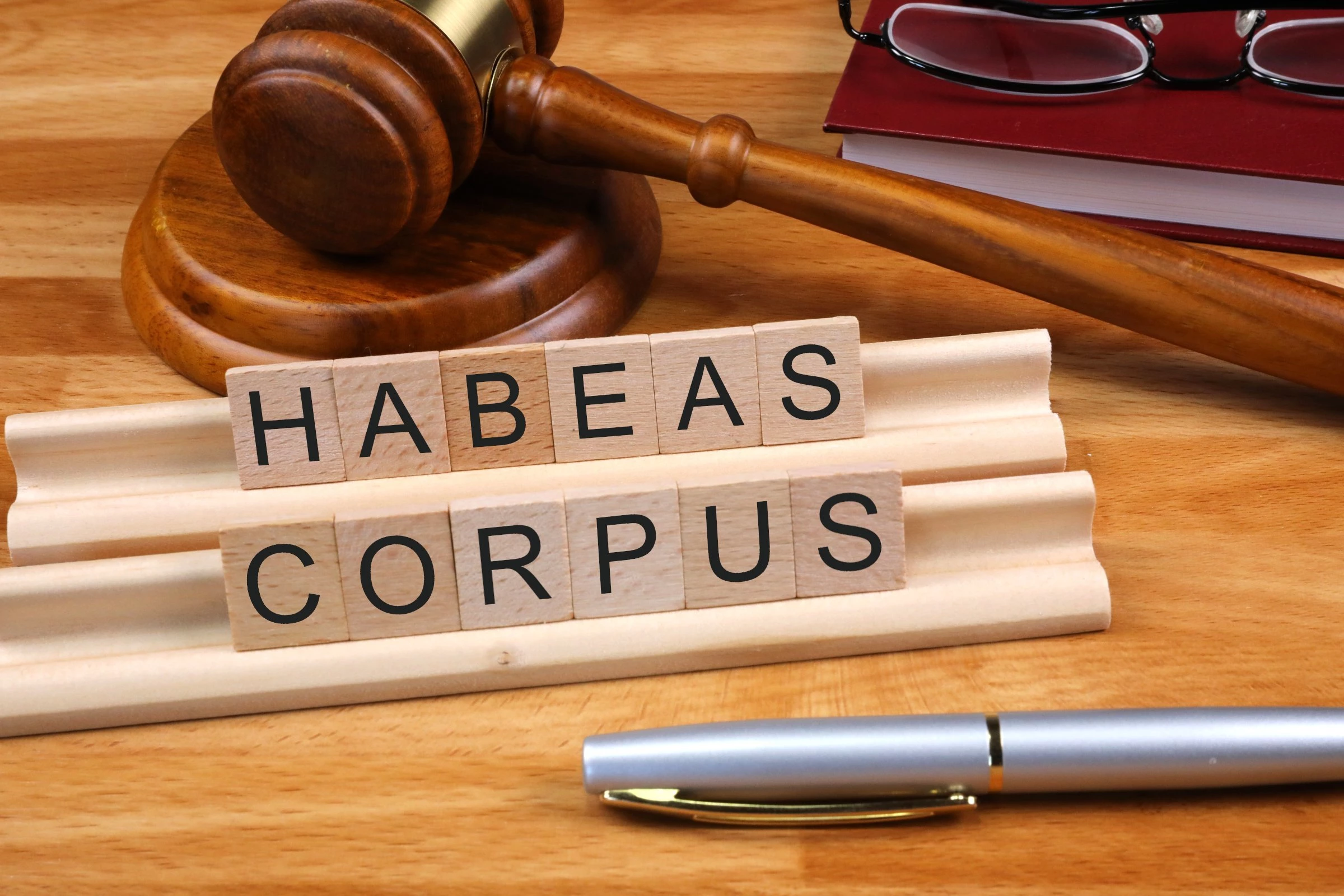Comprehending the Function of a Post-Conviction Lawyer in Seeking Justice After a Criminal Conviction
In the complicated landscape of post-conviction legal proceedings, the role of a post-conviction legal representative is crucial in browsing the course to justice after a criminal sentence. Beyond the confines of a test, these lawyers take part in a diverse method aimed at uncovering brand-new proof, tough legal mistakes, and promoting for their customers' civil liberties. The complexities of post-conviction work call for a blend of lawful acumen, investigatory skills, and tactical believing to unravel the intricacies of a situation and pursue opportunities that may have been neglected or underexplored. As the pursuit of justice expands beyond the confines of preliminary proceedings, the duty of a post-conviction legal representative arises as a beacon of wish for those seeking to rectify oppressions and reclaim their civil liberties within the legal system.
Post-Conviction Lawyer's Investigative Job
Post-conviction attorneys participate in meticulous investigative job to reveal new proof, step-by-step errors, or transgression that might potentially bring about reversing a conviction. This investigatory stage is vital in the post-conviction process as it intends to determine any ignored details or lawful errors that may have influenced the end result of the preliminary test. Post-conviction attorneys look into case data, witness statements, and lawful documents with a fine-tooth comb, browsing for any kind of disparities or irregularities that might be grounds for allure.
With thorough investigation, post-conviction attorneys intend to lose light on potential injustices that may have occurred during the initial test. By looking at every aspect of the lawful process, post-conviction lawyers work relentlessly to reveal any kind of factors that may have influenced the verdict.
Crafting Appeals and Petitions
In the quest of justice after a conviction, knowledgeable lawyers carefully craft appeals and petitions to present compelling arguments for the reconsideration of legal decisions. Crafting appeals and petitions requires a deep understanding of the legal system, attention to detail, and tactical thinking. Post-conviction lawyers analyze trial documents, recognize possible mistakes or violations of civil liberties, and establish lawful debates to test the sentence or sentence.
When crafting an allure, lawyers concentrate on highlighting legal errors that may have influenced the outcome of the instance. They look into situation legislation, statutes, and lawful precedents to sustain their debates. Requests, on the other hand, may entail offering new evidence that was not readily available throughout the trial or showing adjustments in the legislation that require a review of the sentence.
Additionally, post-conviction attorneys must follow stringent procedural guidelines and target dates when filing appeals and applications. They should present their debates clearly and persuasively to encourage the court to approve relief to their clients. With precise crafting of allures and requests, post-conviction lawyers make every effort to secure justice for people who have been wrongfully founded guilty or unfairly punished.

Pursuing Post-Conviction Alleviation
Post-conviction alleviation incorporates an array of lawful mechanisms made to test the validity of a sentence or sentence. Post-conviction attorneys play an essential duty in browsing these complex treatments, making certain that all legal alternatives are checked out to rectify oppressions that may have taken place during the test or sentencing phase.
One usual kind of post-conviction relief is submitting a request for post-conviction alleviation, usually based upon insurance claims of inadequate support of guidance, prosecutorial misbehavior, freshly discovered proof, or constitutional offenses. These petitions need a comprehensive analysis of the test document, lawful research, and convincing campaigning for to convince the court to approve relief. Experienced post-conviction attorneys possess the skills and understanding necessary to recognize practical lawful cases, conduct investigations, and existing engaging arguments to protect alleviation for their customers. By diligently going after post-conviction relief, these attorneys aim to fix losing the unborn babies of justice and maintain the concepts of justness and due procedure in the criminal justice system (Lawyer).
Using Forensic Evidence
When challenging a conviction or sentence, the tactical utilization of forensic evidence can be an effective tool in post-conviction legal procedures. Forensic evidence encompasses a large range of clinical strategies made use of to check out criminal activities and establish truths in court. Post-conviction lawyers can leverage forensic proof to test the credibility of convictions by offering brand-new scientific findings that visit this site were not readily available during the initial test.

Engaging in Sentence Modifications
Post-conviction attorneys may check out the possibility of sentence modifications as a legal avenue to address disproportionate or unjust sentences passed on in criminal instances. Sentence adjustments entail seeking modifications to the regards to a defendant's sentence after a conviction has occurred. These alterations can include reducing the size of a sentence, modifying the kind of penalty imposed, or exploring alternative sentencing alternatives.
Post-conviction legal representatives can go after sentence adjustments through numerous lawful devices, such as submitting movements for sentence reduction, appealing for thoughtful launch, or working out plea bargains for minimized sentences. They should carefully assess the scenarios of the situation, examine the lawful grounds for looking for an adjustment, and present engaging disagreements to the court sustaining the requirement for a revised sentence.
Involving in sentence adjustments calls for a complete understanding of criminal law, punishing guidelines, and the details procedures associated with seeking post-conviction alleviation. Post-conviction attorneys play an essential duty in advocating for reasonable and just end results by challenging sentences that are unduly rough or do not line up with the concepts of justice.
Conclusion
In verdict, the role of a post-conviction attorney is essential in looking for justice after a criminal sentence. With investigatory work, crafting charms and requests, pursuing post-conviction relief, making use of forensic evidence, and participating in sentence alterations, these lawyers play an essential role in promoting for their customers and guaranteeing that their legal rights are upheld within the criminal justice system. Their commitment and knowledge are crucial in navigating the complexities of post-conviction procedures and attaining a reasonable outcome for individuals dealing with criminal sentences.